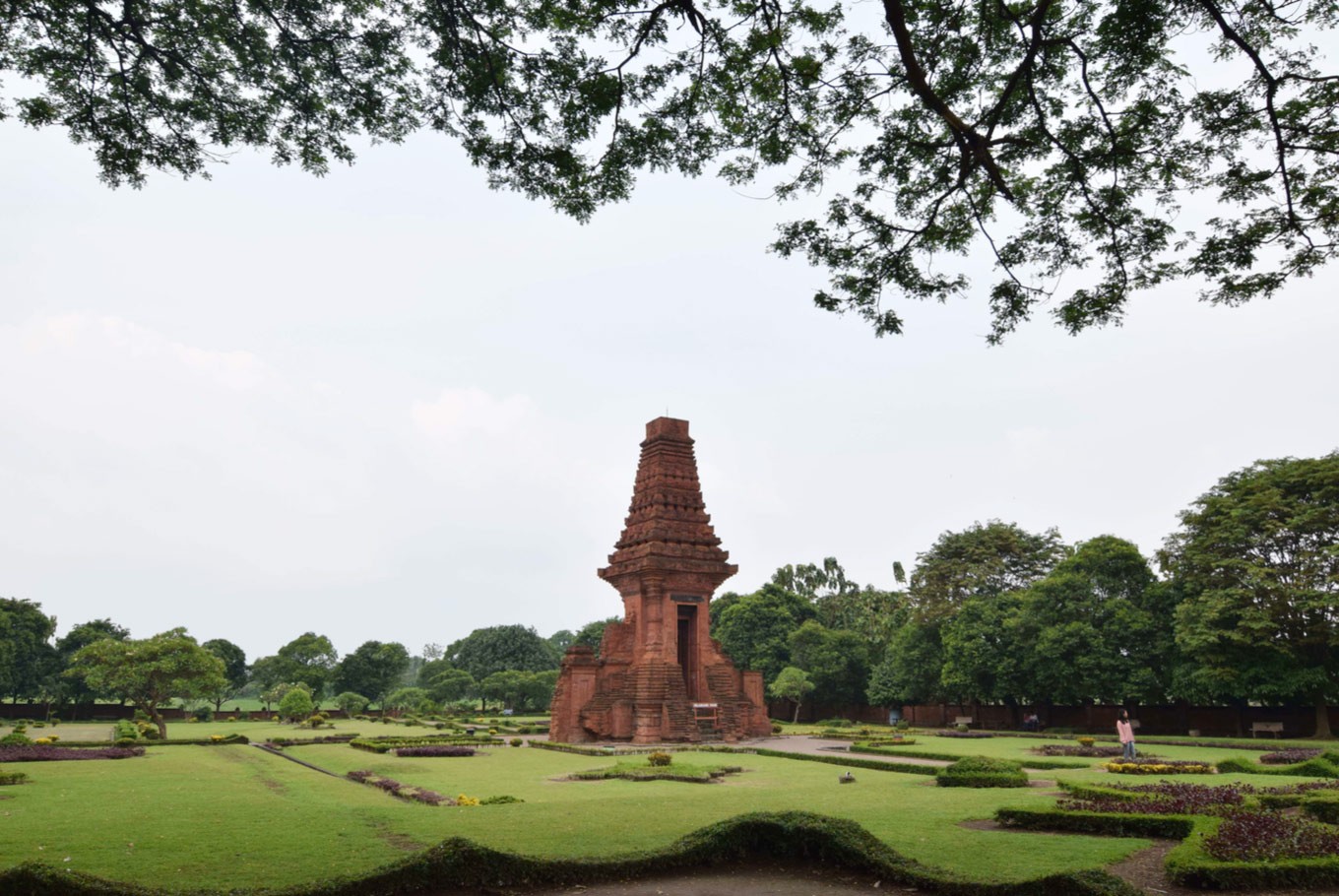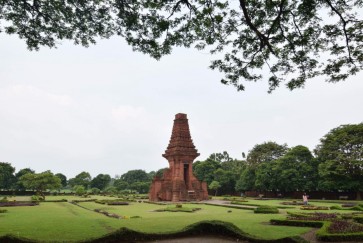Popular Reads
Top Results
Can't find what you're looking for?
View all search resultsPopular Reads
Top Results
Can't find what you're looking for?
View all search resultsWe need more local, family history
Thanks to the rapid progress of information and technology, historical sources are more accessible for everyone.
Change text size
Gift Premium Articles
to Anyone
R
eformasi, with its new freedoms and curiosity about the sheltered past, has naturally raised general interest in history. Many books focus on meluruskan sejarah (rectifying history) from the Hindu-Buddhist period until contemporary times.
Titles like Pelurusan Sejarah Indonesia (Indonesian History Rectified), Meluruskan Sejarah Majapahit (Rectifying Majapahit History), Geger Nusantara: Terungkapnya Misteri Gajah Mada dan Terbentuknya Nusantara(Tumult of Nusantara: The mystery of Gajah Mada revealed and The founding of Nusantara) and so forth can be seen in bookstores around Indonesia. The main argument of these books is that many historical facts were obscured by the New Order.
Last December, a conference commemorated 60 years of the first Indonesian History Seminar. Unfortunately, only few historians share concern about the development of methods, methodologies and philosophy of history in Indonesia, including the discourse about rectifying history. If history or historiography needs to be rectified, who has the right to do so or to write it?
Two case studies can illustrate the post-reform trend of rectifying history. First is the Majapahit history framed under the colonial era as the highest peak of indigenous civilization. This was continued by framing within Indonesian nationalism to the post-independence era. In the Soeharto era, the military dominated the history of Majapahit and its heritage.
Then following reformasi, historical study communities, including those focusing on Majapahit emerged, such as those found on Facebook.
Almost all of the discussions and comments still glorify the Majapahit empire and its dynasty, the theme since the colonial period, with contesting versions. For instance, as written in Geger Nusantara, several communities from Bali claimed the center of Majapahit was in Bali, not in Java. Another book, Meluruskan Sejarah Majapahit, triggered more polemic on social media.
This brings us to our second case study, the case of Sept. 30, 1965. Polemics on history in the post-Reform Era often emerged annually around September and October about the G30S movement.


















